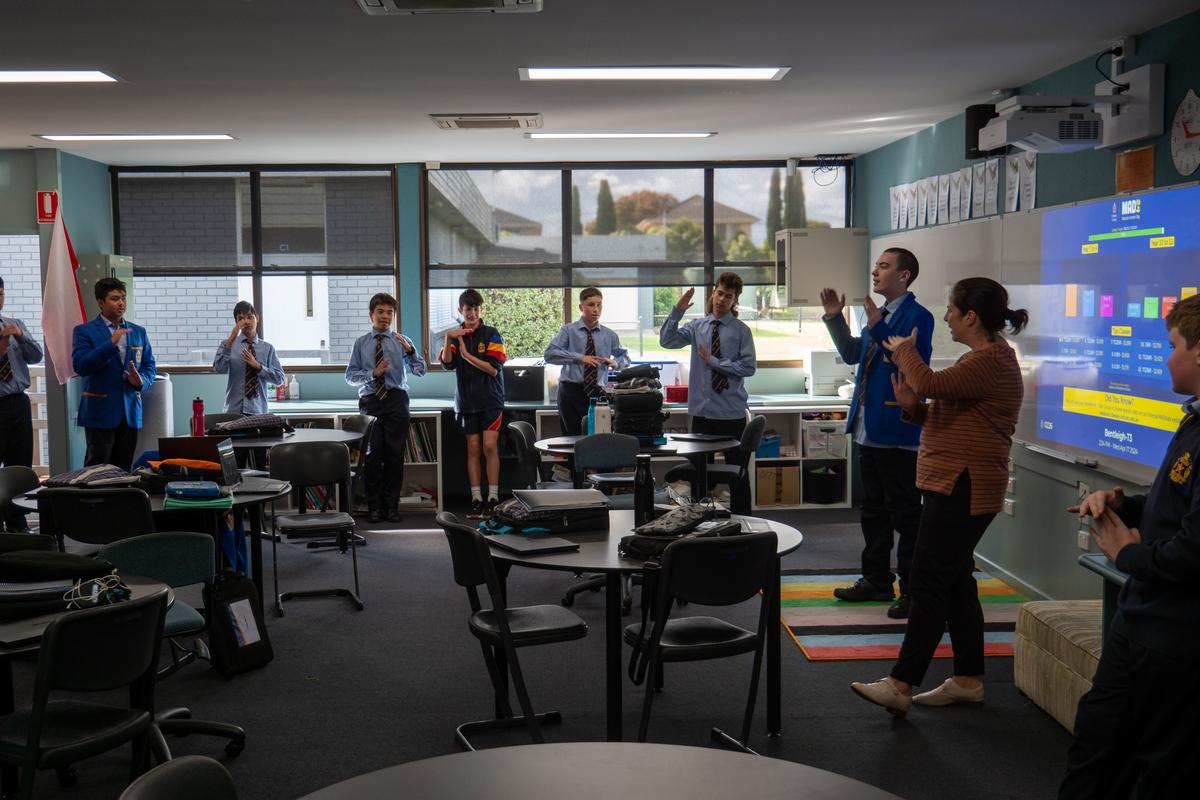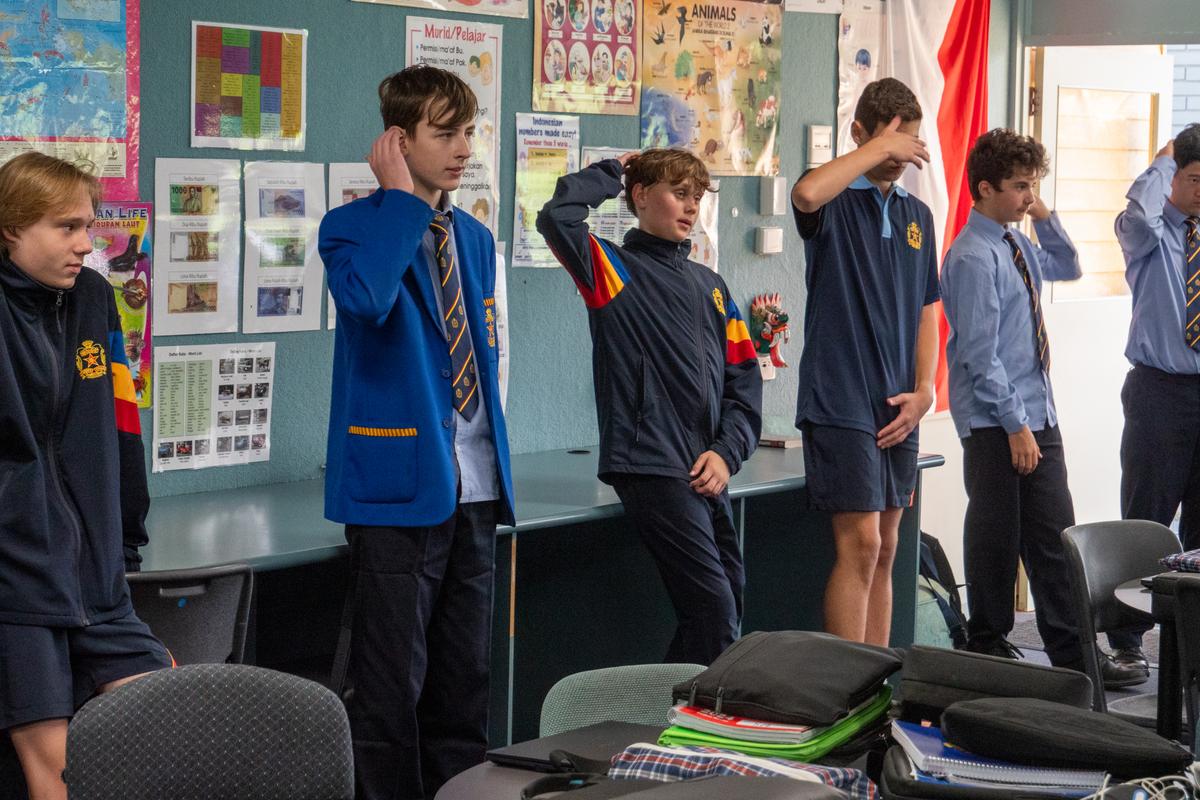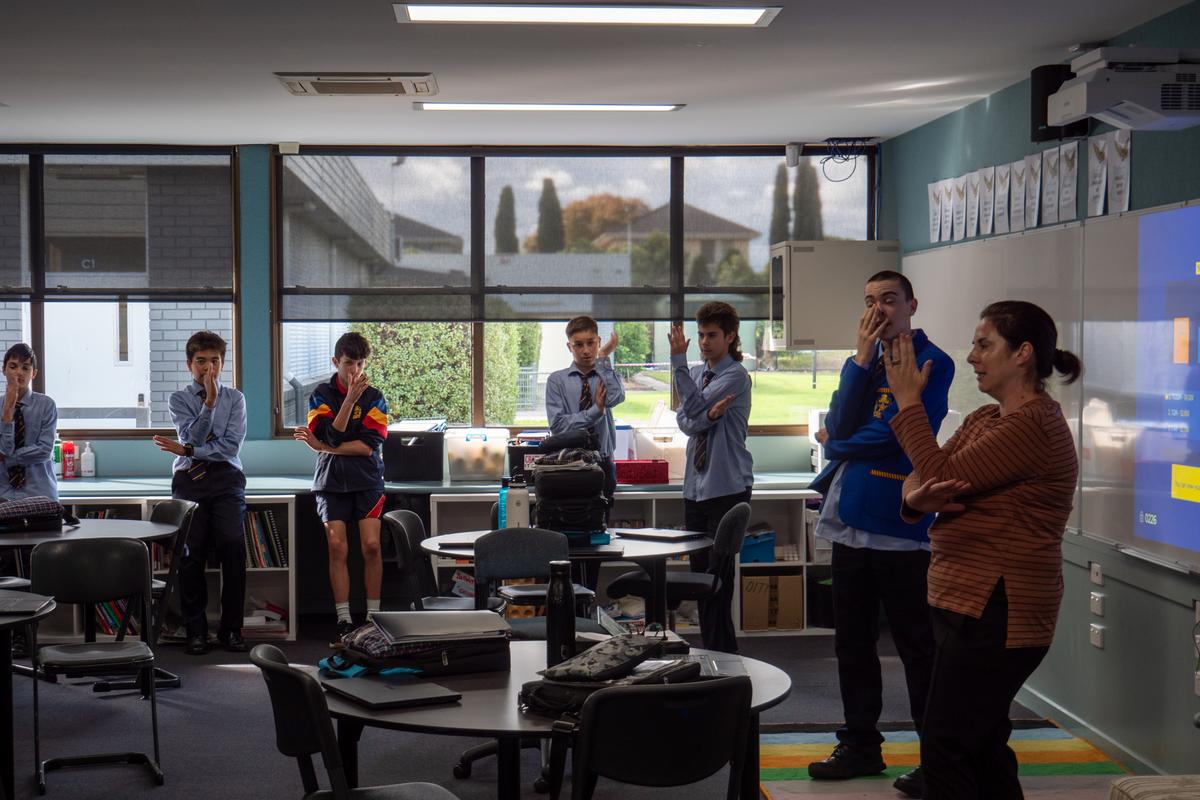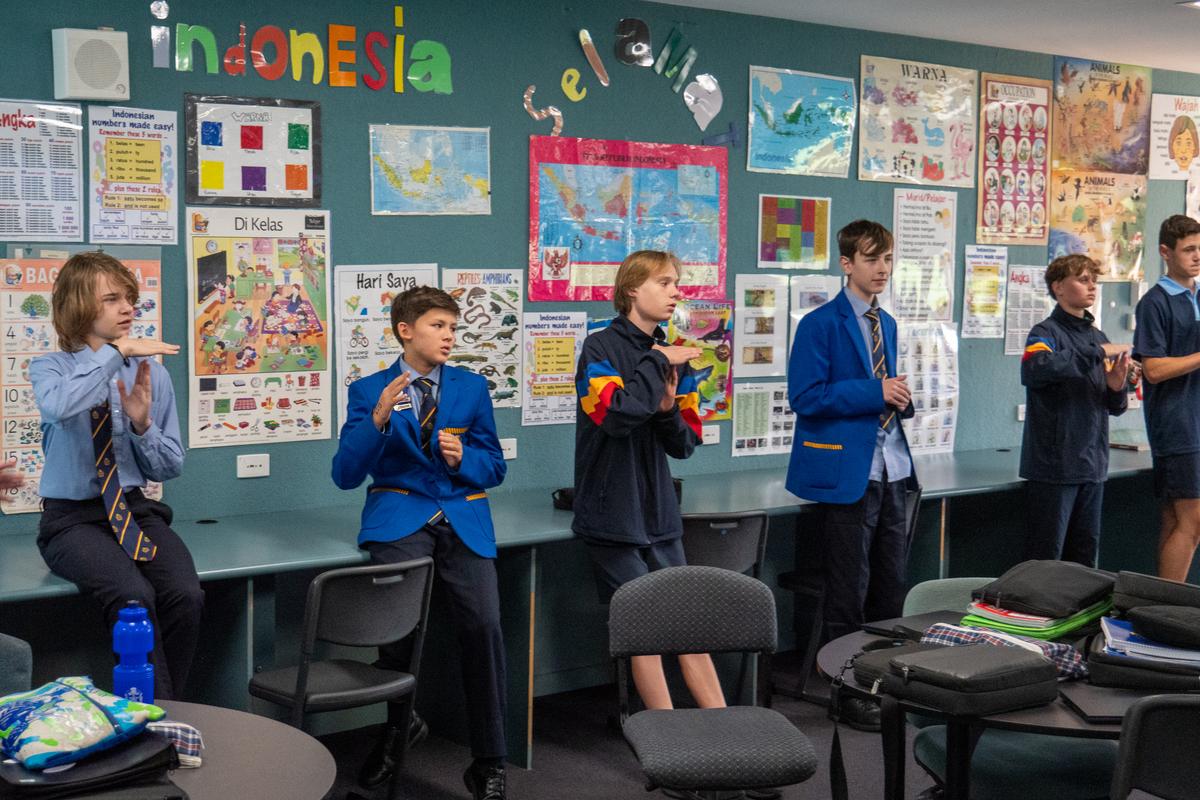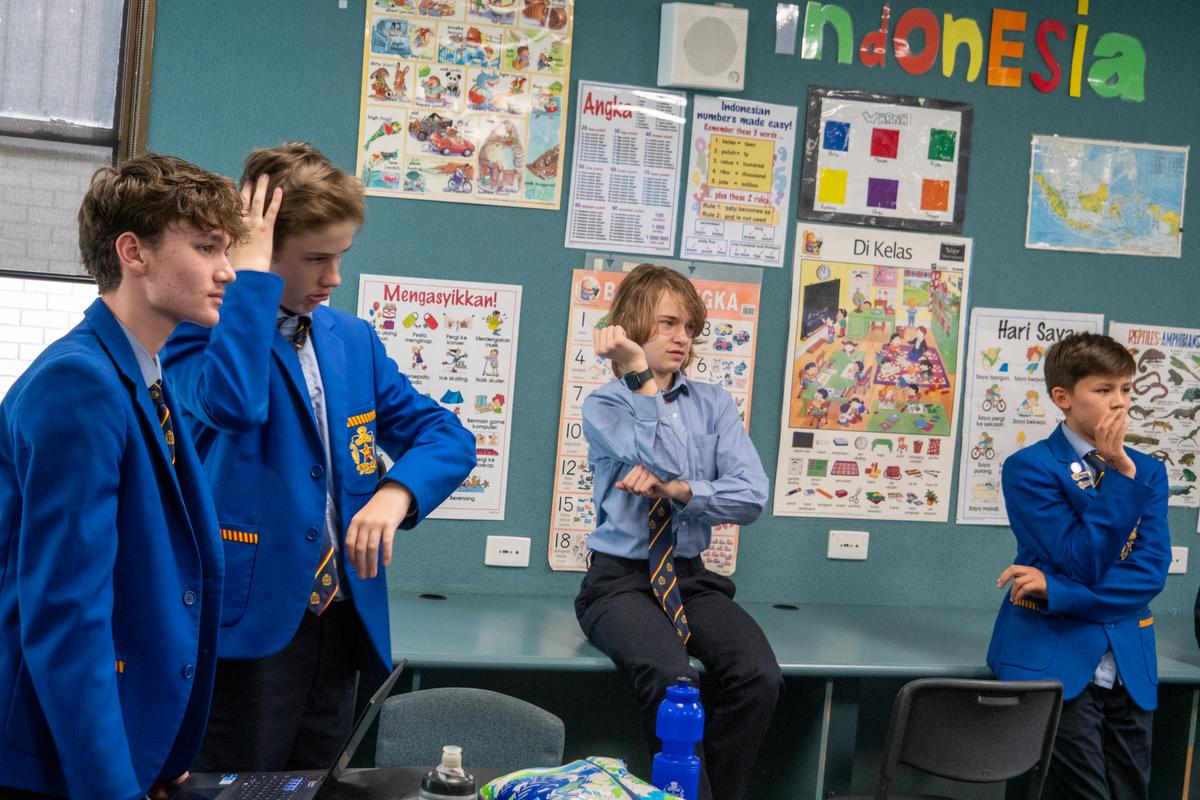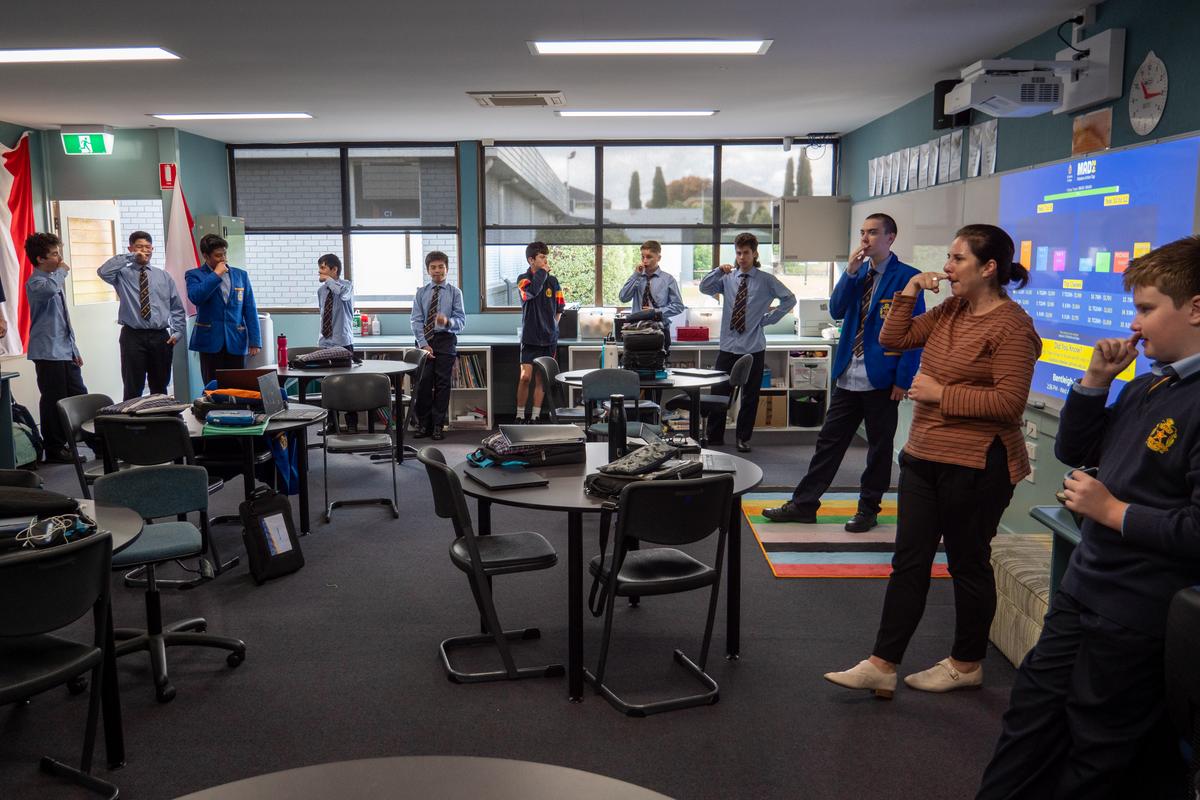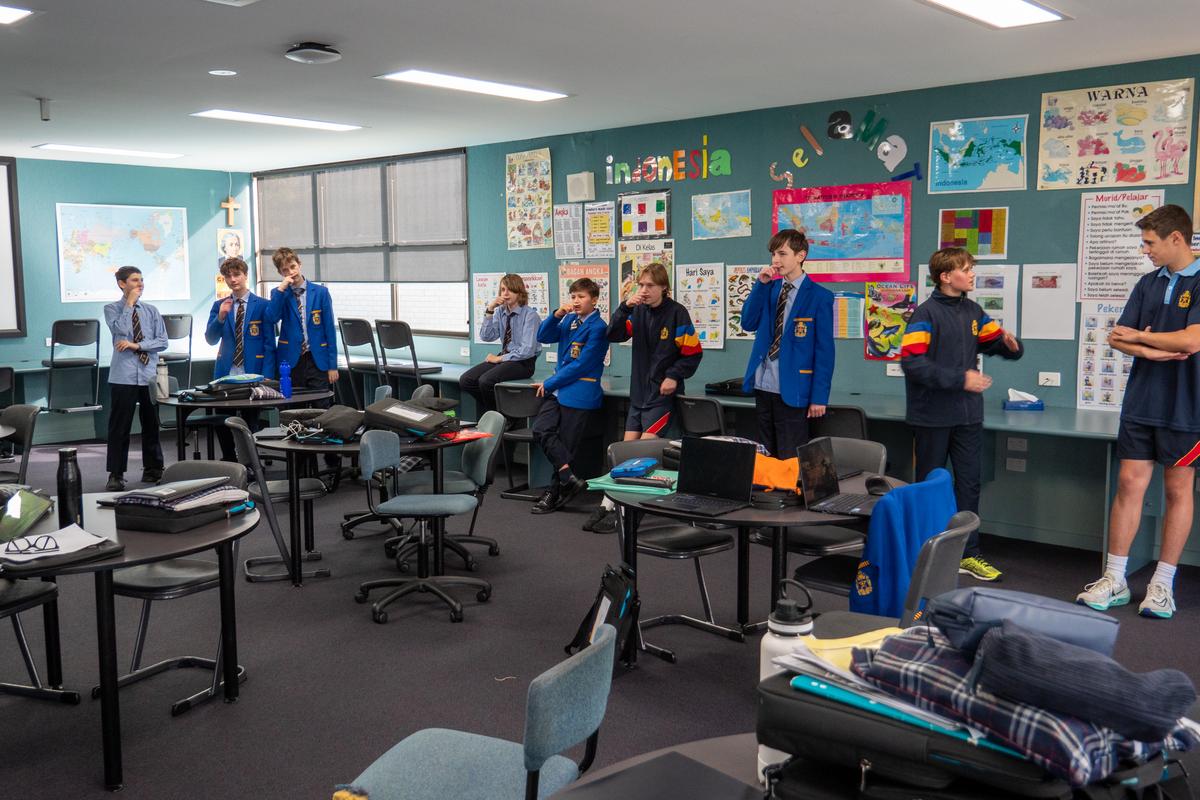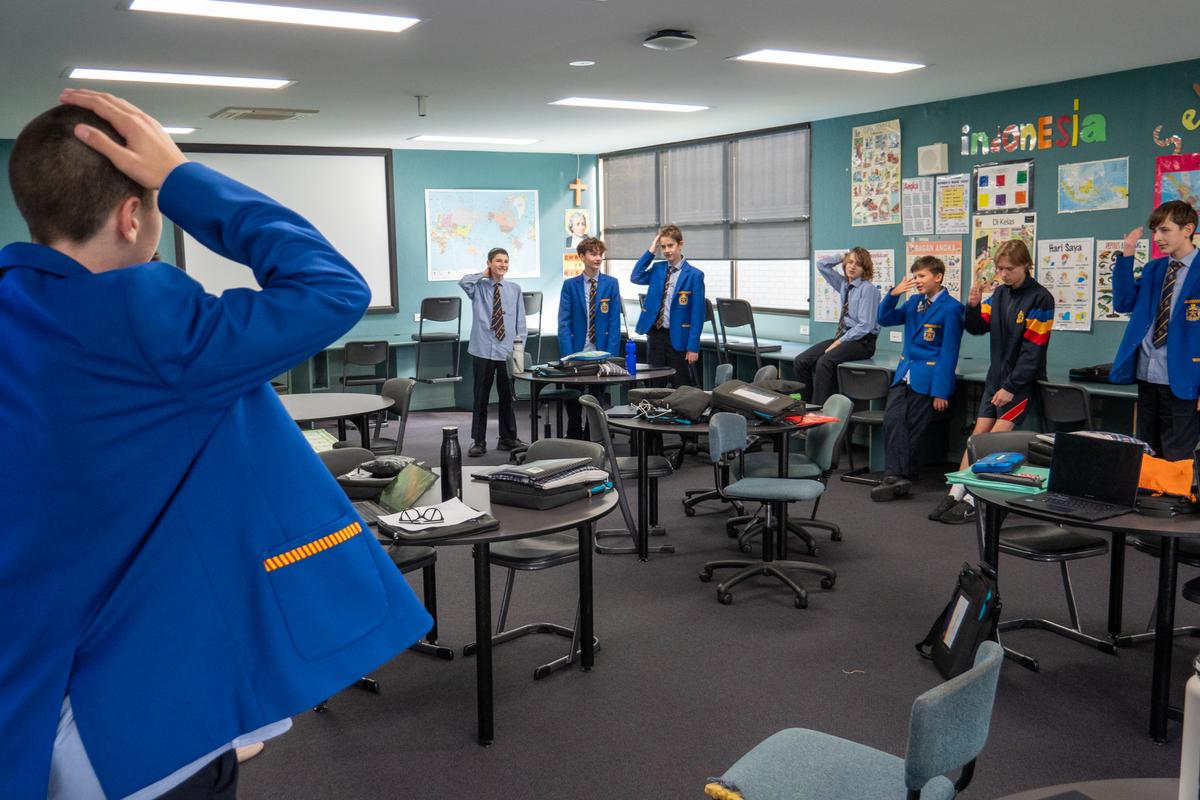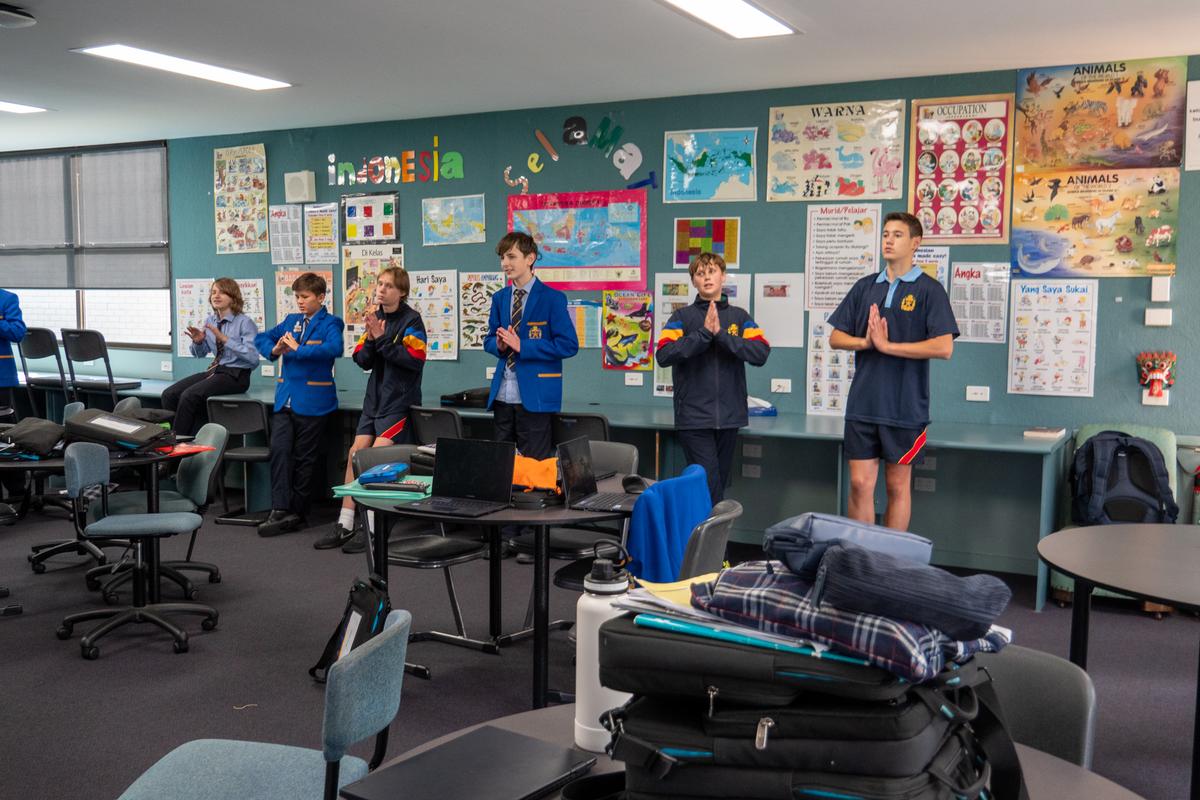Teaching and Learning
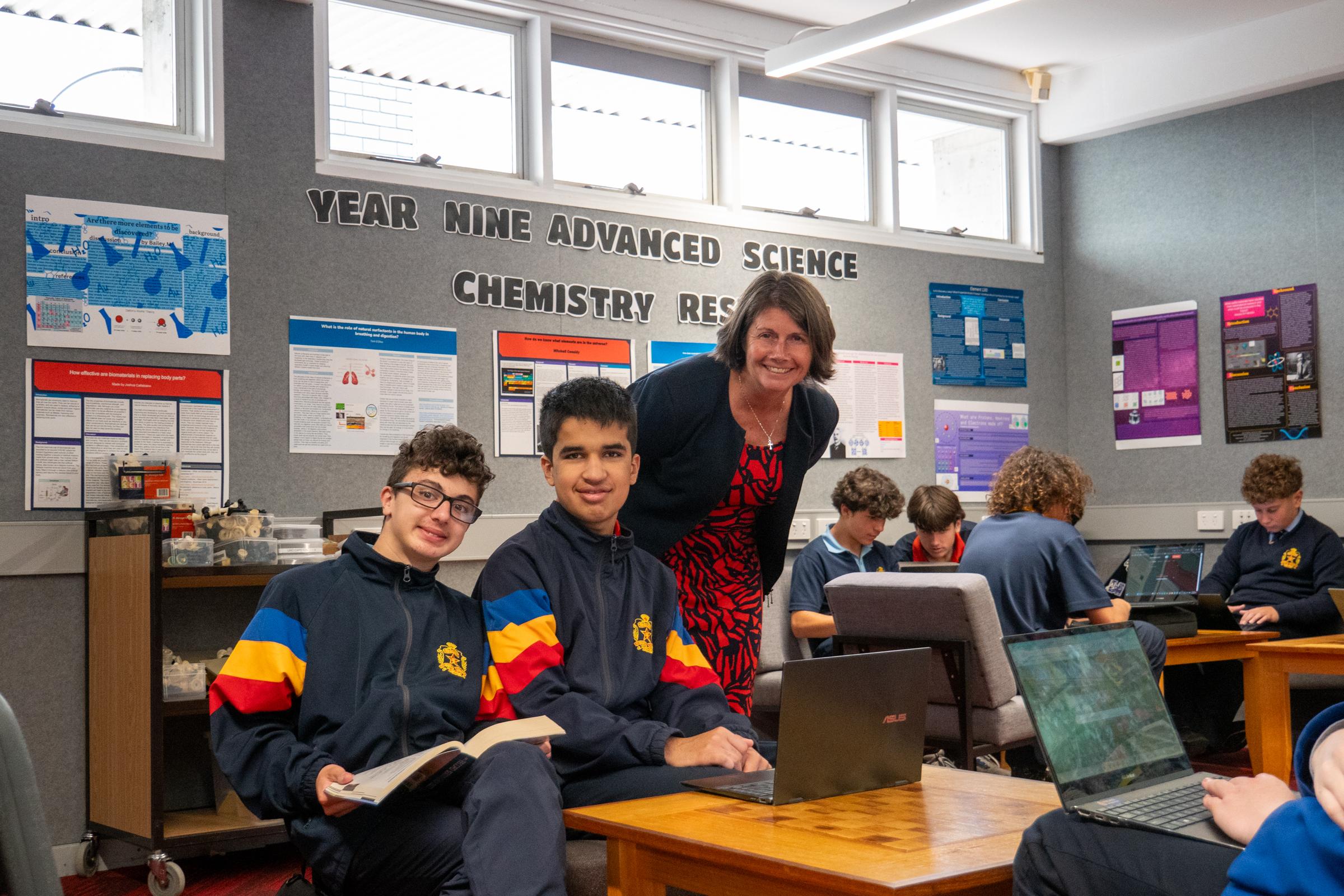
Home Learning
You may recall the initiative we launched this year to support Year 7 students in establishing a sound home learning routine.
This has been well supported by staff and parents, with students responding accordingly. It has been encouraging to see the response to the initiative that focuses on support needed, as opposed to punitive measures should a student not yet have a routine.
The expectation to be learning outside of the classroom carries across to the older years in the College; in that all students will have home learning activities each night. I have had a number of parents reach out regarding home learning and study expectations of students in older year levels and these are inevitably followed up. Teachers are clear in that home learning is set. Many parents state their child indicates that they either don’t have any, or have finished it in class.
As such, in establishing the link between home and our College, we encourage parents and carers to be clear with their child around their home learning expectations. Each student is issued a diary and students are to write their home learning activities in that diary. It is not unreasonable for parents and carers to ask that your son/charge write their homework in their diary for you to peruse and support them in completing.
Our partnership with your home is crucial for student success, and the role of the student is central. We continue to expect that students commit to their learning both at school and at home, and stand with families in this regard. Should you have any queries regarding how to better establish routines, please do not hesitate to make contact with your child’s Homeroom Teacher or Tutor.
Careers Program - Years 9 & 10
Students have recently been involved in Careers Education programs designed to support them in making appropriate careers decisions in the future.
Year 9s participated in Careers Week Activities that focused on the future of work, different career possibilities, Entrepreneurship and Social Enterprise. Year 10s attended The Age VCE and Careers Expo at the Melbourne Exhibition Centre. Both events were well attended and overwhelmingly positive and educational experiences.
Our gratitude and congratulations to the Careers Department team, Kaylene Menara and Jen Willian on developing these engaging and worthwhile programs. You can read more about what's happening in Careers here.
Exam Period - Semester 1 2024
Exams are being held for Years 9 to 11 (VCE Unit 1) during the following times:
- Year 11 (VCE Unit 1) Exams: Monday 3 June to Friday 7 June
- Year 10 Exams: Some Elective Subjects during the week of Monday 3 June to Friday 7 June, Core Subjects Tuesday 11 June to Friday 14 June
- Year 9 Exams: Tuesday 11 June to Friday 14 June
Year 10 2025 VCE Acceleration Information Evening
A reminder to Year 9 families that the Year 10 2025 VCE Acceleration Information Evening will be on Wednesday 19 June.
This is an important session and requires attendees to register prior to the event.
Further details will be provided.
Brenden Mair
Deputy Principal - Teaching and Learning
Staff Professional Learning - Checking For Understanding
Over the past year, our teaching staff have been engaged in ongoing professional learning focused on formative assessment. This learning journey has been dynamic and collaborative, fostering hands-on, interactive sessions that have been insightful and impactful for our teachers.
Recently, our staff transitioned into small groups to delve deeper into formative assessment and its relevance within our all-boys College context. The discussions within these groups have been rich, allowing our teachers to explore and contextualise the concept, ensuring its effective implementation in our classrooms.
We will be sharing a series of Classroom Snapshots that showcase how our learning experiences are translating into enhanced learning and understanding for our students. Through this initiative, we aim to create an environment where every member of our College community can thrive and flourish.
Classroom Snapshots – Checking for Understanding
Year 8 Indonesian – Bentleigh East Campus
For a few years now, I have been experimenting with gestures as a key technique in introducing and consolidating vocabulary in Indonesian classes. There is evidence to suggest that gestures can positively impact memory. In a foreign language context, we are working with memory each lesson in an effort to build understanding through listening and reading, and create skills by speaking and writing.
In Year 8 classes, each lesson follows a similar structure - individual vocabulary practice, group gesture practice, small group or individual activities, followed by a game. This lesson structure reflects extensive professional development and refinements based on best practice in languages pedagogy.
Checking for understanding is part of a formative assessment system in which teachers identify learning goals. We have just started a unit on family. So, the goal of this lesson was to learn family member terms in Indonesian and be able to say a family member’s name.
Students sit on circle tables in our Indonesian classroom, so vocabulary learning, although designed to be individual on student devices, usually ends up being collaborative! “What is …….?” is the most common question I hear in the first ten minutes of our lesson. This front loads the vocabulary we will introduce in gesture form.
When working with gestures, we stand in a circle so everyone can be seen. I introduce new gestures and we choral together, using the hand gesture and the word in Indonesian. Gestures often assist with meaning in some way. Students are then asked to model gestures individually for the class. This helps me check for understanding. Is the student pronouncing the word well? Are they able to say the word and the gesture together correctly? Can they link this to meaning? The circle creates a safe, collaborative environment where we can work through any errors or misconceptions together.
The data from our online vocabulary program proves that items introduced with gestures have higher accuracy from my students. Those that spend more time on the vocabulary learning platform generally have greater confidence with more words.
When completing our written work for the lesson, I could see that grandparent terms is our area of focus for next lesson. Also, our boys know their grandparents by their nickname, but not their real name! Indonesian question and answer structure will continue to be an area of focus for us.
Our game on Kahoot at the end of the lesson was a fun way to link family member terms to the Simpsons family tree. Popular culture is a fantastic way to put language in context. All four activities link back to the learning intention of learning family member terms and saying their names in Indonesian.
Thank you for visiting my classroom!
Amy Collins

